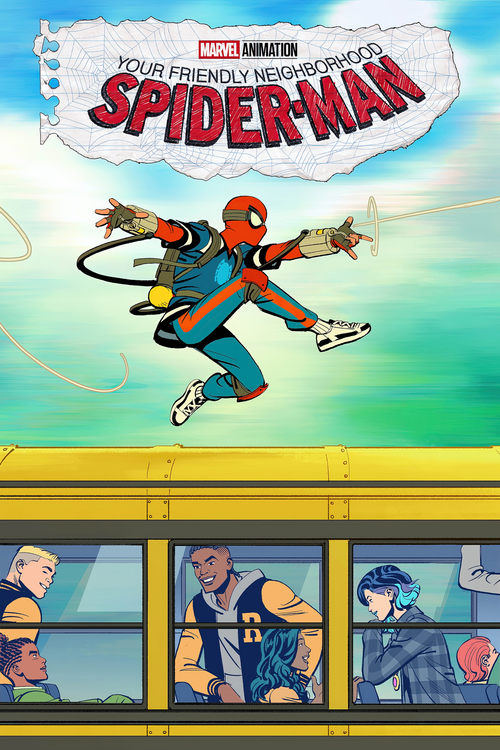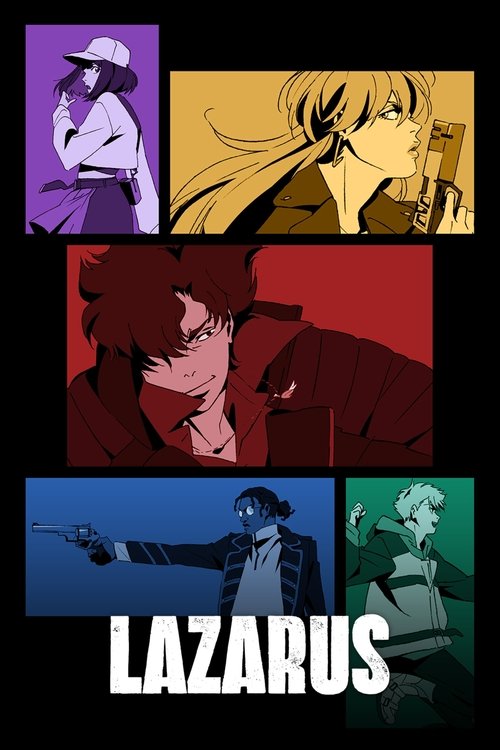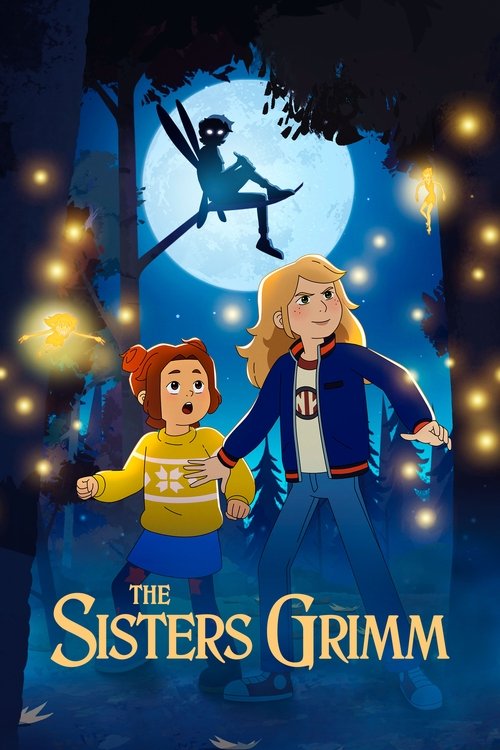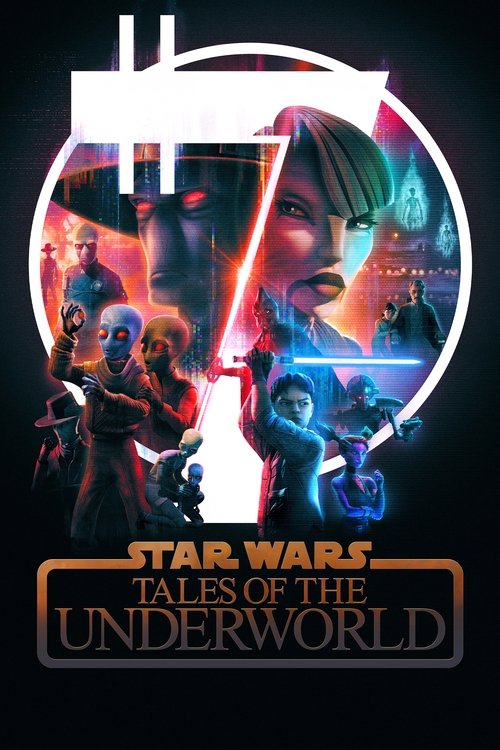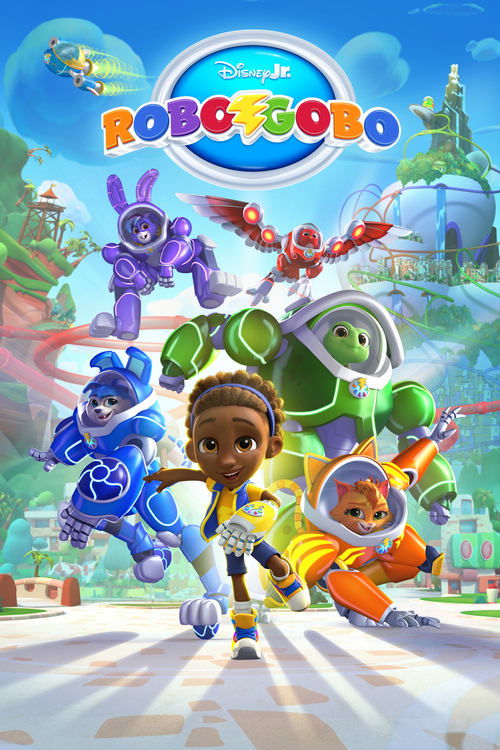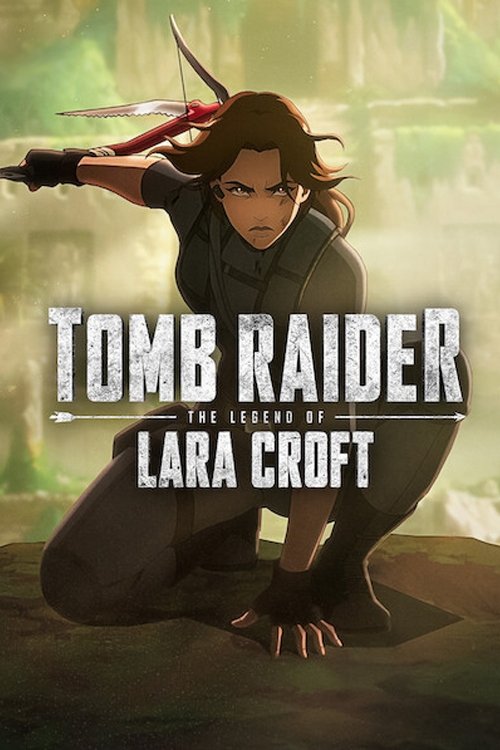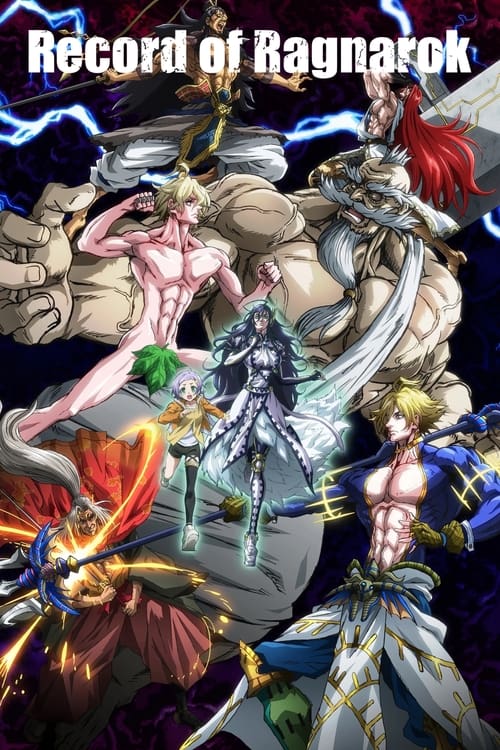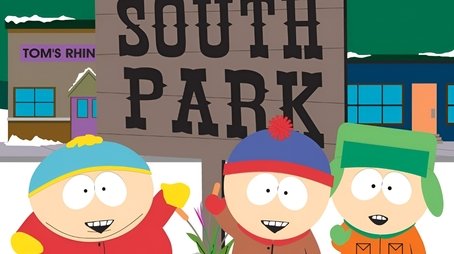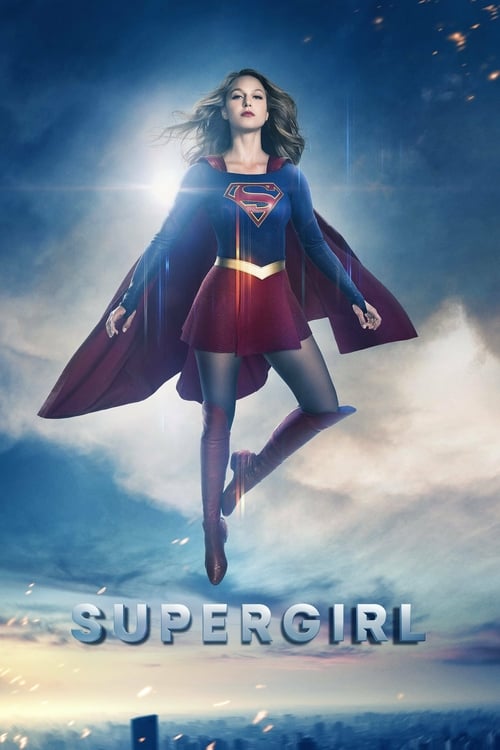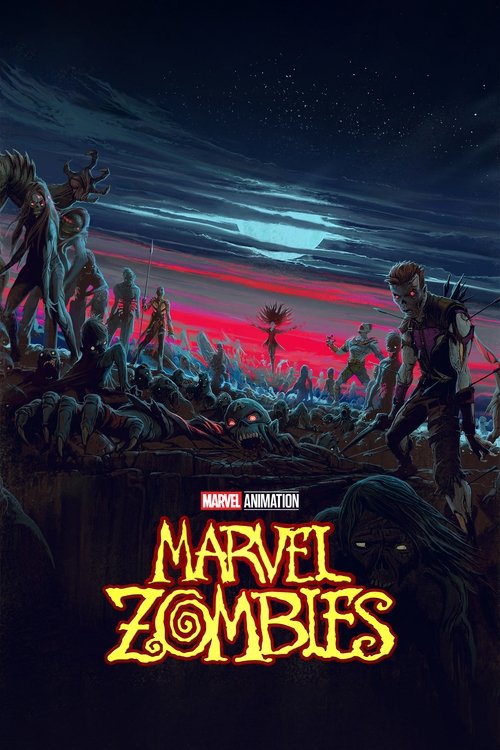
Ask Your Own Question
What is the plot?
The episode opens with Dante chasing the White Rabbit through the city, but the action abruptly halts as the scene shifts to a quiet, subdued atmosphere. For the first sixteen minutes, there is no dialogue, only visuals that alternate between two distinct animation styles representing the childhoods of Lady and the White Rabbit. Lady's story is depicted in a realistic, grounded style, showing her as a young girl living a normal life until the night her family is slaughtered by demons. The trauma of witnessing her parents' deaths and the destruction of her home leaves her emotionally scarred and fuels her hatred for demons.
Meanwhile, the White Rabbit's childhood is portrayed in a dreamlike, surreal animation style. He is shown as a lonely boy living in poverty, ostracized by his community and ridiculed for his appearance. He finds solace in books about demons, which he imagines as kind and accepting beings. One night, he discovers a hidden portal and is drawn into the demon realm, where he is welcomed by a group of demons who treat him with kindness and compassion. This experience becomes the foundation of his belief that demons are not inherently evil.
The episode then shifts to the present day, where Lady confronts the White Rabbit as he attempts to open a portal to bring more demons into the human world. The first spoken line of the episode is Lady shouting "Hold!" as she interrupts his ritual. The White Rabbit explains that his goal is not to destroy humanity but to save the demons who accepted him when humans rejected him. He reveals that he has been smuggling demons into the human realm to protect them from persecution and extermination.
Lady refuses to listen, driven by her trauma and her belief that all demons are monsters. She attacks the White Rabbit, determined to stop him at any cost. As the confrontation escalates, a greater demon suddenly breaks through the portal, causing chaos and killing many of the demons the White Rabbit was trying to save. Lady and Darkcom intervene, eliminating the greater demon and most of the other demons in the area.
The White Rabbit is devastated by the loss of his friends, which marks the lowest point in his life. This tragedy hardens his resolve and sets him on a path of vengeance against humanity. In a haunting scene, he sews a rabbit head onto his face, symbolizing his transformation into the villain known as the White Rabbit.
The episode ends with Lady reflecting on the events, beginning to question her black-and-white view of demons. The White Rabbit, now fully committed to his mission, vows to open the portal between realms no matter the cost, setting the stage for future conflict.
Related Titles
Browse All Titles →What is the ending?
The ending of Devil May Cry Season 1, Episode 6, "The First Circle," is simple: Lady confronts the White Rabbit, who is revealed to be a human smuggling demons into the human world to save them from persecution. When Lady refuses to listen and attacks, the White Rabbit swallows a belt of explosives, destroying himself and the demons he was trying to rescue. As the dust settles, Lady is left alone, staring at the wreckage, realizing too late that the enemy she thought was evil was actually a victim like her.
The episode ends with Lady tracking the White Rabbit to an abandoned warehouse where he is attempting to smuggle a group of demons into the human realm. The scene is tense and quiet, the only sound the distant hum of machinery and the nervous breathing of the demons hiding in the shadows. Lady steps forward, her guns drawn, her face hardened by years of grief and anger. The White Rabbit turns to face her, his expression calm but weary. Lady demands to know why he looks human, and he replies that it's for safety--so he can protect the demons he's smuggling. He pleads with her to put down her guns, insisting he can explain everything.
Lady refuses. She sees only a monster, someone who has broken the rules she's lived by her entire life. She fires, and the White Rabbit, without hesitation, swallows a belt of explosives. The warehouse erupts in a blinding flash of light and smoke. When the dust clears, Lady stands alone, the demons she came to kill are gone, and the White Rabbit is dead. She stares at the wreckage, her hands trembling, her face a mask of shock and regret.
The episode closes with Lady walking away from the scene, the weight of what she's done settling on her shoulders. The White Rabbit's final act--his sacrifice--forces her to confront the truth she's been running from: that the world is not as black and white as she once believed. The demons she's hunted may not be the monsters she thought they were, and the man she killed was not a villain, but a victim of the same pain and loss that shaped her.
The fate of the White Rabbit is death, his body destroyed in the explosion. The demons he was trying to save are presumed dead as well, caught in the blast. Lady survives, but her worldview is shattered. She leaves the warehouse, not as a hunter, but as someone who has finally begun to question everything she thought she knew.
Is there a post-credit scene?
There is no post-credit scene in Devil May Cry Season 1, Episode 6, titled "The First Circle." The episode concludes with its final emotional and narrative beats, focusing on the parallel childhood stories of Lady and the White Rabbit, and ends without any additional scenes or teases after the credits roll.
What is the nature of the conflict between Lady and the White Rabbit in Devil May Cry Season 1 Episode 6 'The First Circle'?
The conflict centers on Lady's black-and-white view of demons as evil and humans as good, while the White Rabbit's experience shows that demons can be kind and humans can be cruel. This ideological clash is deepened by their shared past and the tragic events that separate them, making their confrontation a reflection of misunderstanding and trauma rather than simple good versus evil.
How does Episode 6 'The First Circle' explore Lady's backstory and her motivations?
Episode 6 delves into Lady's past, revealing her childhood trauma and the origins of her hatred toward demons. It shows her relationship with her oldest friend, who becomes the White Rabbit, and how their differing views on demons and humans shaped her path as a demon hunter. This backstory adds emotional weight and complexity to her character.
What storytelling techniques are used in Episode 6 to convey the perspectives of Lady and the White Rabbit?
The episode uses alternating art styles to represent the vastly different subjective experiences of Lady and the White Rabbit. Lady's story is depicted with a more realistic style reflecting her traumatic but grounded life, while the White Rabbit's perspective is shown in a more dream-like, childish animation style. This visual contrast helps the audience understand their conflicting worldviews.
What role does the large demon emerging from the gate play in the episode's narrative?
The sudden appearance of a giant demon attacking everyone acts as an external force that prevents Lady and the White Rabbit from reaching an understanding. It triggers violent conflict and forces Lady to take drastic action, including using a bomb that kills most demon migrants, escalating the tragedy and reinforcing the episode's themes of misunderstanding and violence.
How does Episode 6 'The First Circle' fit within the overall tone and themes of the Devil May Cry series?
While it can be enjoyed as a standalone episode, 'The First Circle' deepens the series' exploration of moral ambiguity, trauma, and the blurred lines between good and evil. It respects the audience's intelligence by allowing interpretation rather than explicit exposition, emphasizing emotional storytelling through visuals and minimal dialogue. The episode highlights the complexity of characters and the social relevance of prejudice and conflict.
Is this family friendly?
The episode "The First Circle" from Devil May Cry Season 1 (2025) is not family friendly and is unsuitable for children or sensitive viewers. The episode contains severe violence and gore, including graphic depictions of blood, dismemberment, and intense fight scenes involving demons and weapons. There are frightening and intense scenes with demonic creatures, sudden attacks, and disturbing imagery. Profanity is frequent and strong, including the use of explicit language. There are also scenes of destruction, fire, and implied threats to characters, which may be upsetting. No nudity or sexual content is present, but the overall tone and visuals are dark, intense, and mature.
Does the dog die?
In Devil May Cry Season 1, Episode 6 titled "The First Circle," the dog does not die. The episode focuses heavily on the backstory of the White Rabbit and Lady, exploring their childhoods and motivations, and the broader conflict involving demons and humans. While the episode features the death of several children due to disease and a massacre, there is no mention or indication that a dog dies in this episode or the series up to this point.
The narrative centers on the emotional and moral complexities of the characters rather than animal deaths. The key tragic deaths involve human children affected by the poisonous environment and violent events, but the dog remains unharmed throughout the episode.


